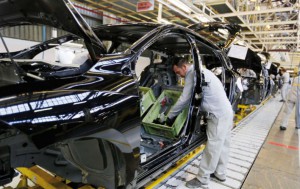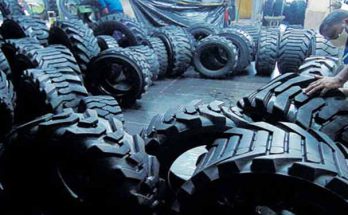 A new research by BMI projects that Morocco is most likely to soon become a hub for the automotive industry in North Africa. Morocco’s government has set a goal of 1 million units over the next 10 years and is doing its best to ensure that this goal is met.
A new research by BMI projects that Morocco is most likely to soon become a hub for the automotive industry in North Africa. Morocco’s government has set a goal of 1 million units over the next 10 years and is doing its best to ensure that this goal is met.
Leading automotive companies like PSA and Renault have signed up for investment in Morocco recently as well as Magneti Marelli, Fiat’s subsidiary which recently signed a deal to set up a plant in Tangier.
According to the report, Samsung is likely to take Magneti Marelli and this will aid the local government’s plan to promote electric vehicles (EVs) within the next 10 years.
Another automotive company which is planning to set up its essence in Morocco is Ficosa International. The Spanish car parts manufacturer has plans to invest 50 million euros for setting up a factory in Rabat. Sogefi, a part of the CIR Group, which manufactures different types of engine filtration systems, is also planning to open its first factory in Africa in the Tangier free trade zone and this is slated to become operational in early 2018. JTEKT, a Japanese company that is the biggest manufacturer of power-assisted steering systems is also planning to have its first production facility in the MENA region in Tangier Med, in the Tangier Automotive City.
The plans announced by all these key players in the automotive industry attest to Morocco’s attractiveness as an investment destination. The Moroccan government is doing everything it can to advance the nation with investment-friendly approaches like the 2009 National Plan for Industrial Development, which gave driving force for companies like Renault and Bombardier to set up factories in Tangier and Casablanca respectively. These projects are expected to not only boost the economy but also to boost employment opportunities for the local people.
The BMI report predicts that Morocco will become the largest automotive market by the end of 2017, as an outcome of greater availability of cheaper, locally produced vehicles and positive macroeconomic fundamentals.
ABDAS – Africa information and Business Directory
Africa information and Business Directory



